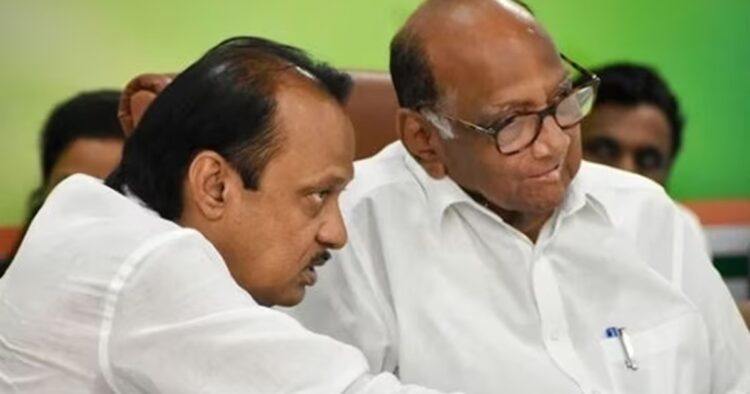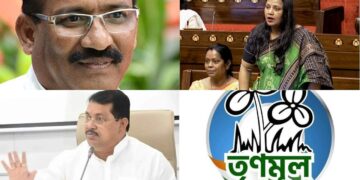The Election Commission of India (ECI) has made a significant ruling ahead of the upcoming Lok Sabha elections, recognizing the faction led by Ajit Pawar as the legitimate Nationalist Congress Party (NCP). This decision grants Ajit Pawar’s faction control over NCP’s iconic “clock” symbol, dealing a blow to the faction led by Sharad Pawar.
After more than 10 hearings over six months, the ECI concluded that the Ajit Pawar faction held the majority support among NCP legislators. This determination was based on the ‘test of legislative majority’ and the examination of affidavits of support filed by both factions.
The Election Commission cited the importance of democratic elections within political parties, emphasizing that when these processes are replaced by opaque methods or undemocratic appointments, it undermines the democratic fabric of the party. The ECI stressed that such situations can lead to the party becoming a “private fiefdom” controlled by select individuals, ultimately harming the democratic governance of the nation.
Ajit Pawar and his supporters welcomed the ECI’s ruling, expressing gratitude for the decision in their favor. However, the Sharad Pawar faction denounced the decision, labeling it as a “murder of democracy.” Leaders from the faction expressed disappointment with the Election Commission’s decision and indicated their intention to challenge it in the Supreme Court.
Critics voiced concerns about the erosion of democratic principles within political parties and the potential ramifications for the country’s democratic process. Some called for a reevaluation of the Election Commission’s role in resolving internal party disputes to ensure transparency and fairness.
#WATCH | Ajit Pawar's supporters celebrate as ECI rules the NCP name and symbol matter in favour of their faction.
Visuals from Mumbai. pic.twitter.com/u6CyHMod5h
— ANI (@ANI) February 6, 2024
The Election Commission’s decision to recognize Ajit Pawar’s faction as the legitimate NCP and grant them control over the party’s symbol has sparked controversy and raised questions about the state of democracy within political parties. As the factions continue to navigate this dispute, the implications for both the NCP and the broader political landscape remain uncertain.
















Comments